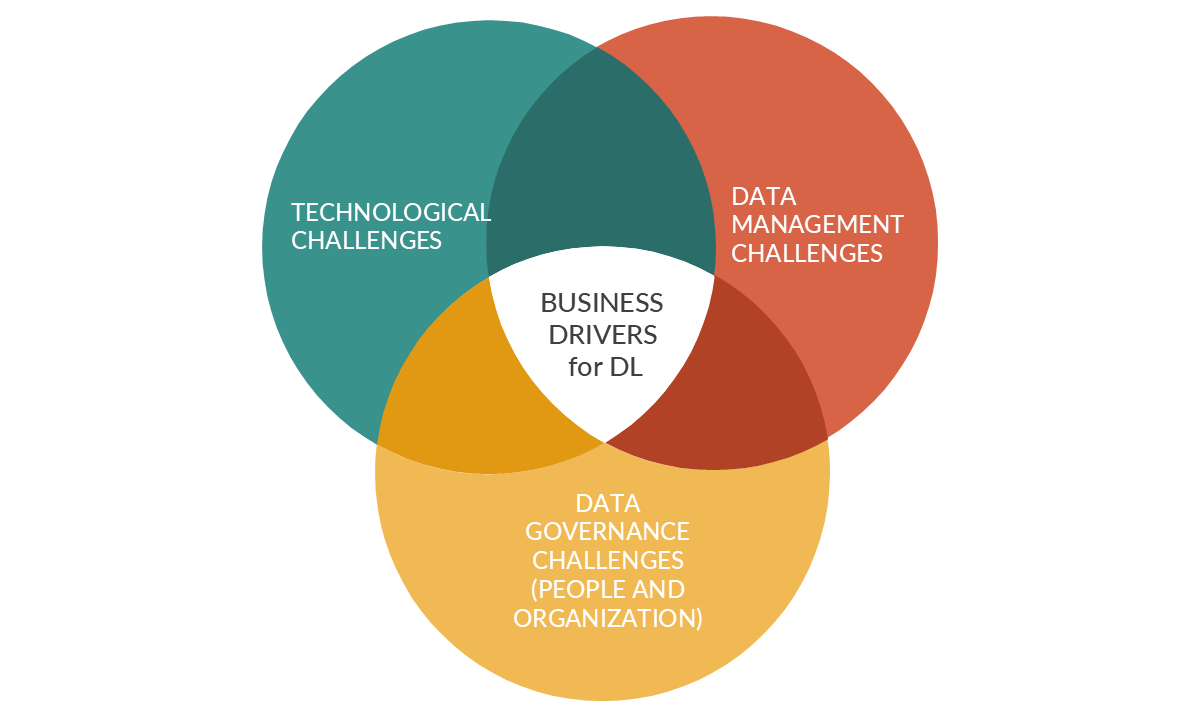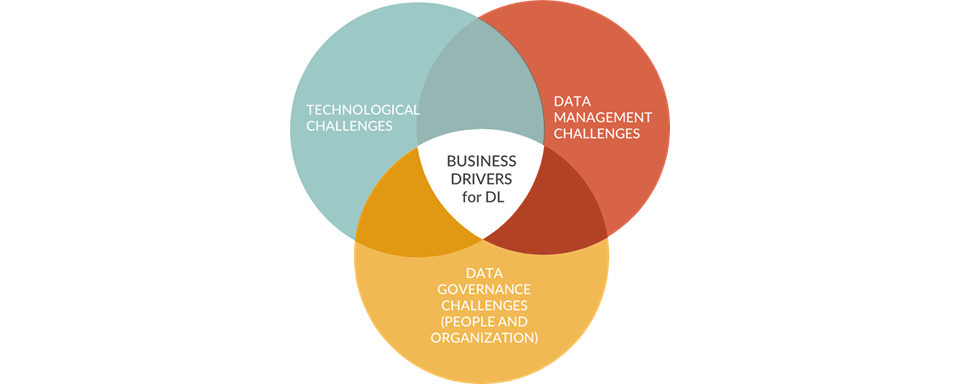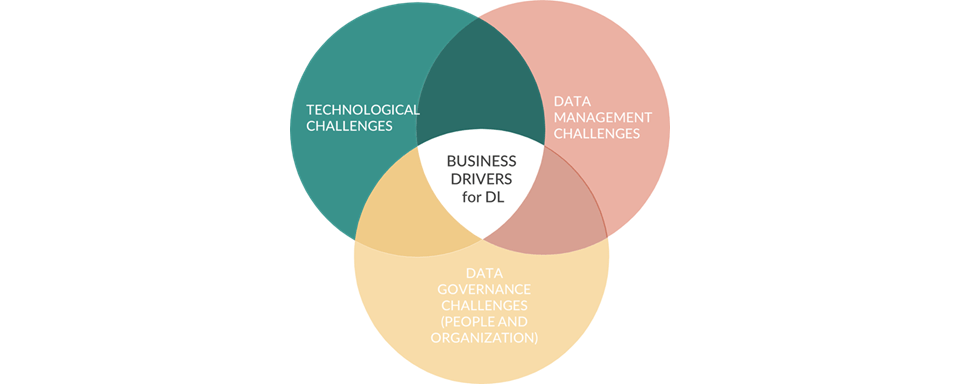A Decade of Observing Lineage: My Perspective
I first encountered the concept of data lineage over ten years ago while speaking with a consultant. We were exploring how to track data as it moved and transformed across a chain of ten applications. Our only available tool was Excel. The IT team responded bluntly: “No way.” Their point was clear—with ten systems, you should just know the data flows by heart. And honestly, they weren’t wrong—at that time.
Fast forward to 2017. During my involvement in a BCBS 239 implementation program, the topic of data lineage surfaced again—but in a more structured and complex context. Back then, even basic questions like “What exactly constitutes data lineage?” sparked hours of debate. The idea of a formal model was still abstract.
Three years later, after leading my first technical lineage implementation, I documented my findings and published Data Lineage from a Business Perspective. Since then, data lineage has become a regular part of my work. And over time, I’ve seen the challenges deepen and the expectations rise.
In this article, I’d like to share how data lineage has evolved through the lens of real-world challenges and the emerging trends designed to overcome them. These aren’t just ideas—they reflect what organizations are actively doing today to turn lineage from an ambition into a reliable capability.
Data Lineage: Challenges and Trends 2025. Part 2: Data Management and Governance Making Lineage Work
This article examines the challenges and trends in data lineage. Now, we focus on those that arise from data management and governance. In Part 1 of this article, we examined why data lineage has become [...]
Data Lineage: Challenges and Trends 2025. Part 1. Why Data Lineage Matters—And How the Landscape Is Shifting.
Part 1 of the article discusses technological trends and challenges in data lineage documentation. Understanding the Relationship Between Drivers, Challenges, and Trends Before we dive in, let’s clarify the logic behind this article. In my [...]




